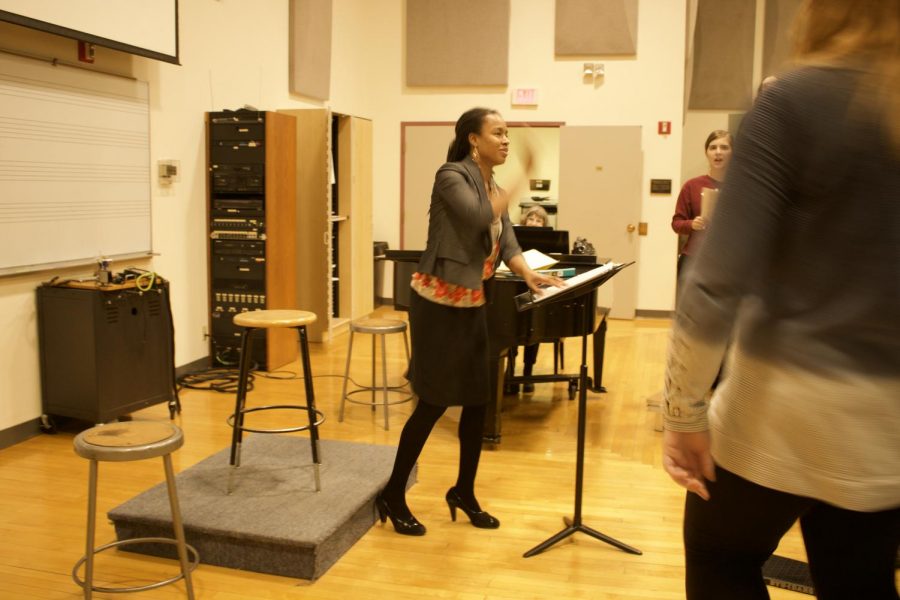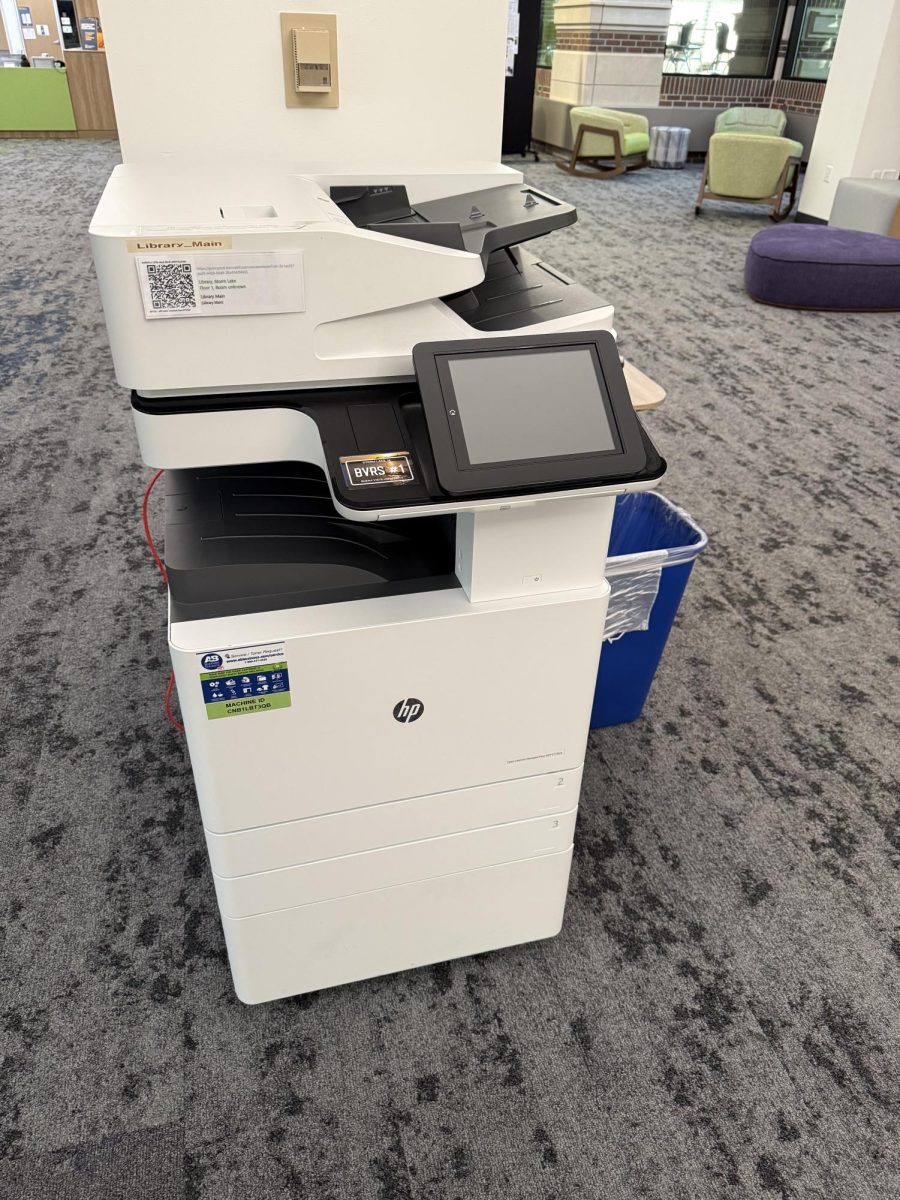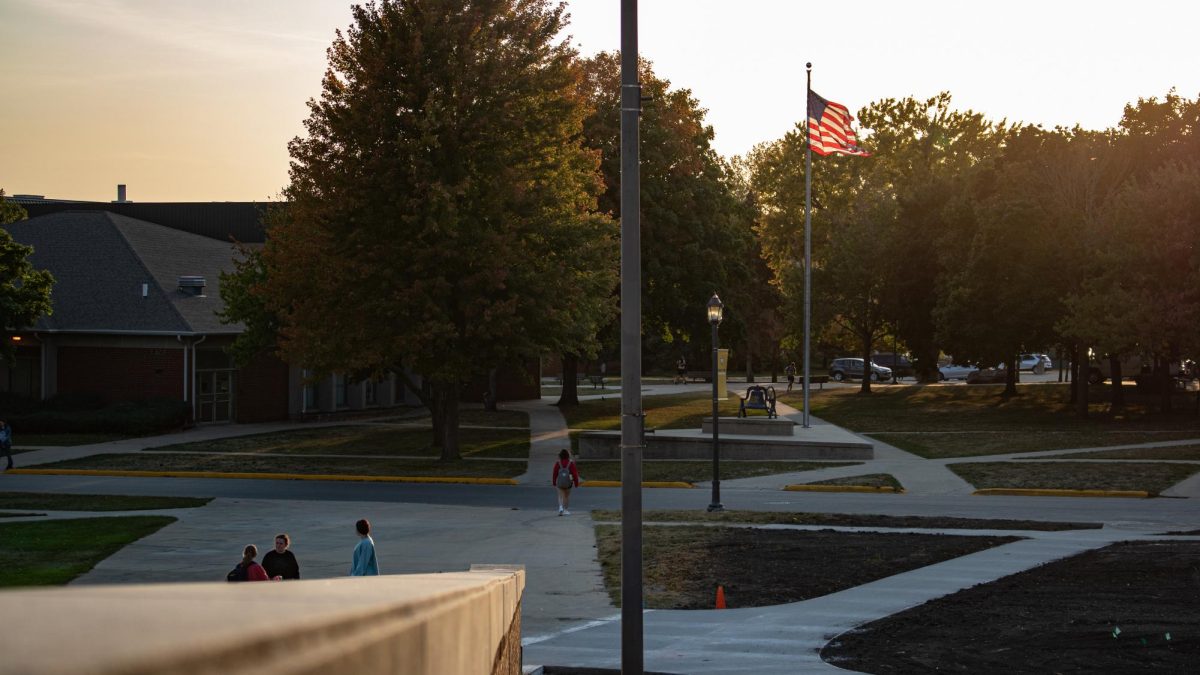How Important Are Course Evaluations?
December 7, 2018
Many students groan at the thought of completing a course evaluation. Personally, I questioned whether they would be worth my time and whether anyone would even read them. I decided to interview Dr. Brian Lenzmeier, BVU’s dean of faculty, to seek out some answers. If students knew how their feedback could lead to change, they might be motivated to complete their course evaluations.
“The course evaluations (smartevals) have two purposes. They are both developmental and evaluative,” Lenzmeier stated. “Faculty who are doing exceptional work with students, and students express that through the surveys, often receive recognition for this during their regular evaluations. Faculty are also often nominated for awards based in part on positive student reviews.”
What Lenzmeier is saying is that if a professor of mine is doing exceptional work, by recognizing that in my course evaluation, this gives said professor the potential to receive awards and recognition from the Dean of Faculty. One professor that I would recognize in my course evaluation is Dr. Merrin Guice, director of BVU’s choral ensemble. She is one of the most active and engaged professors I have had the pleasure of working with this semester. Guice goes above and beyond when working with students at BVU, and she demonstrates a great passion in her field. She makes true attempts to connect with students and build a family-like bond as an ensemble.
On the other hand, a professor who is viewed as inefficient by their students will receive extra training of sorts to improve. If the instructor does not improve, they will receive a negative evaluation from the dean of faculty.
Lenzmeier also shared an example of a faculty member who benefitted from negative feedback on course evaluations.
“One of our faculty members was not returning homework and exams in a timely manner and was not providing helpful comments on graded work, so students expressed frustrations about this through the survey,” Lenzmeier explained. “The dean reads those surveys and one of his teaching goals for the next semester became doing a better job of providing constructive feedback to students in a timely manner. The instructor was paired up with another professor who had a reputation for providing timely and meaningful feedback. The instructor who was struggling has now developed a reputation as someone who returns things quickly and gives good feedback. The survey was evaluative in that if the instructor did not improve they would receive a negative evaluation, and it was developmental in that it helped the instructor identify something that was not going well and led to a plan to improve their teaching and service to students.”
Lenzmeier further explained the evaluation process and the outcomes of those evaluations.
“Several weeks after grades are submitted to the registrar, the faculty receive electronic copies of the evaluations,” said Lenzmeier. “The Deans read every course evaluation from their school every semester and use them as one of several criteria in the regular evaluation process of faculty. Outcomes range from faculty receiving praise and awards for doing good work to faculty members being put on improvement plans. Extreme cases that happen several times can potentially lead to BVU no longer employing that faculty member.”
Student feedback of professors does matter. Positive reception can lead to special recognition for outstanding work; negative reception can lead to improvement plans. In extreme cases, course evaluations can also be a factor in determining continued employment of faculty members. Course evaluations are completely anonymous. They give students a chance to anonymously express their opinions—good or bad—in a formal way that can have real influence at BVU. Your voice matters.







